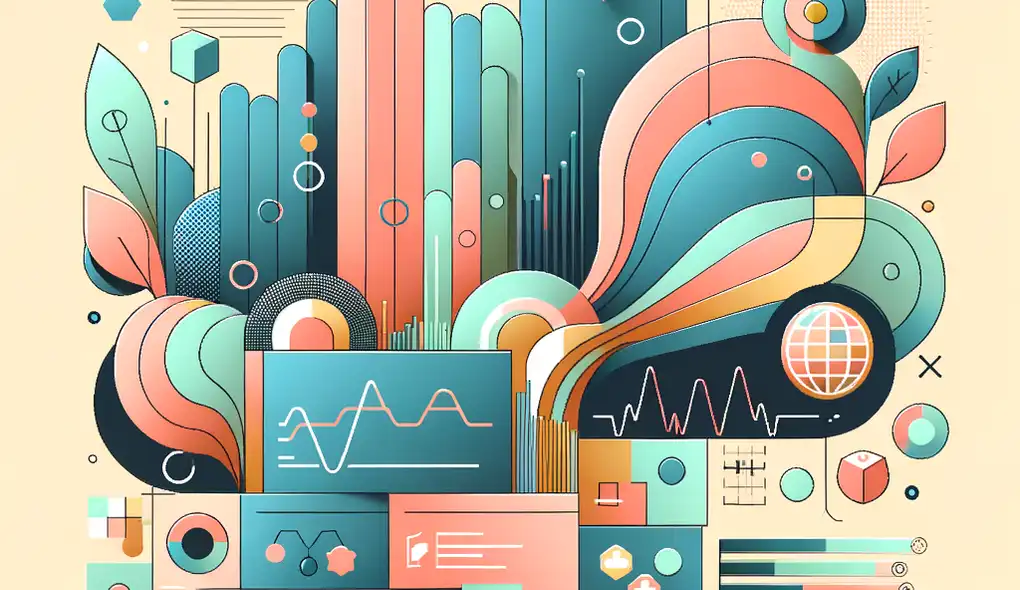Can you provide an example of a complex dataset you have worked with in the past and how you provided insights from it?
Health Data Analyst Interview Questions
Sample answer to the question
In my previous role as a Health Data Analyst, I worked with a complex dataset that included patient medical records, billing information, and clinical outcomes. I used SQL and Excel to clean and organize the data, ensuring its accuracy and completeness. Then, I performed various statistical analyses to identify trends and patterns in the data. For example, I conducted regression analysis to determine the factors influencing readmission rates for patients with chronic diseases. I also created visualizations using Tableau to present the findings to the healthcare team. These insights helped the team develop targeted interventions to reduce readmissions and improve patient outcomes.
A more solid answer
During my time as a Health Data Analyst, I encountered a complex dataset consisting of electronic health records, insurance claims, and patient satisfaction surveys. To analyze this dataset, I utilized SQL and Python to extract, transform, and load the data into a structured format. I then performed various statistical analyses, including clustering and classification algorithms, to uncover meaningful insights. For instance, I discovered a correlation between patient satisfaction scores and hospital readmission rates, indicating the importance of patient experience in healthcare outcomes. To effectively communicate these findings, I created interactive visualizations using Power BI, which enabled the healthcare team to explore the data and understand the impact of different factors on patient outcomes.
Why this is a more solid answer:
The solid answer provides more specific details about the dataset, the analytical techniques used, and the tools employed. It also mentions experience with healthcare systems and terminology, which is crucial for this role. The emphasis on effective communication through interactive visualizations is a strong point. However, it could still be improved with more specific examples of insights generated and how they contributed to better healthcare decisions.
An exceptional answer
In my previous position as a Health Data Analyst, I tackled a complex and diverse dataset encompassing electronic health records, claims data, socioeconomic factors, and patient-reported outcomes. With the help of SQL, Python, and R, I navigated through the dataset's intricacies and uncovered valuable insights. For instance, I conducted a longitudinal analysis that revealed a seasonal pattern in hospital readmission rates for patients with respiratory conditions, allowing the healthcare team to allocate resources more efficiently during peak periods. Additionally, I employed geospatial analysis techniques to identify geographical disparities in access to healthcare services, prompting targeted interventions to address health inequities. To present these findings coherently, I combined Tableau visualizations with concise narratives, enabling stakeholders to grasp complex information quickly and make informed decisions.
Why this is an exceptional answer:
The exceptional answer goes above and beyond in terms of the complexity of the dataset, the diversity of the analytical techniques used, and the impact of the insights generated. The examples provided demonstrate the candidate's ability to identify seasonal patterns and geographical disparities, showcasing their advanced skills in data analysis. The emphasis on clear communication and the use of visualizations and narratives is a strong point. The only room for improvement would be to include specific metrics or outcomes that resulted from the insights provided.
How to prepare for this question
- Familiarize yourself with different types of healthcare datasets, such as electronic health records, insurance claims, and patient-reported outcomes.
- Practice using SQL, Python, and R for data extraction, transformation, and analysis.
- Stay updated on the latest data analysis and visualization tools, such as Tableau, Power BI, or SAS.
- Learn about healthcare systems, terminology, and standards to better understand the context of the data.
- Develop your storytelling skills to effectively communicate complex information through visualizations and narratives.
What interviewers are evaluating
- Analytical thinking and problem-solving skills
- Proficiency in data analysis and visualization tools
- Understanding of healthcare systems, terminology, and standards
- Ability to present complex information in an understandable and compelling manner
Related Interview Questions
More questions for Health Data Analyst interviews